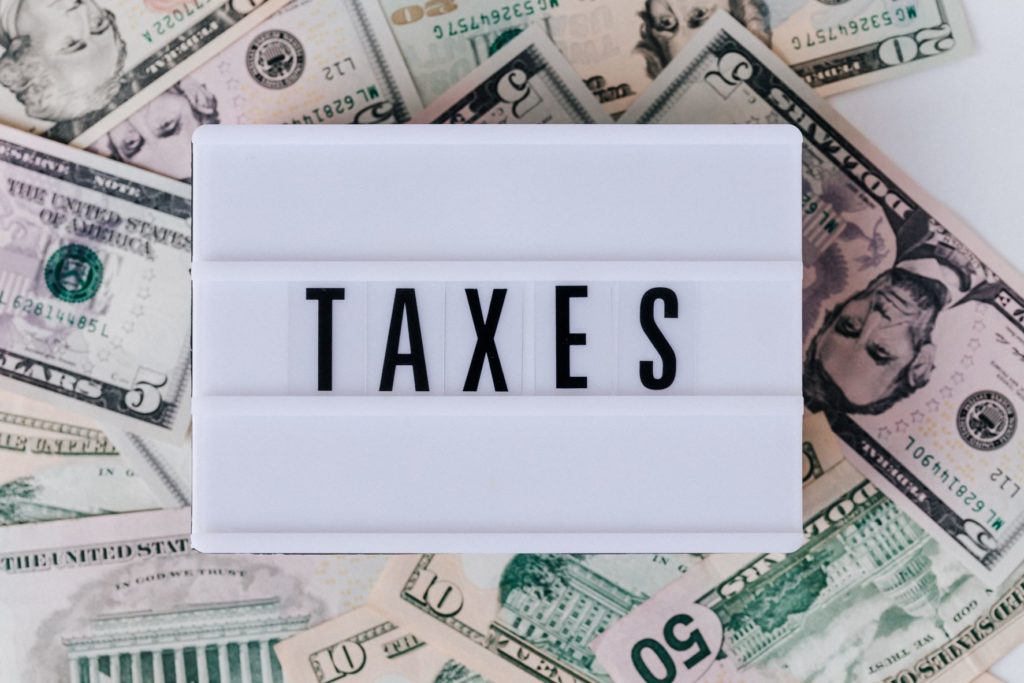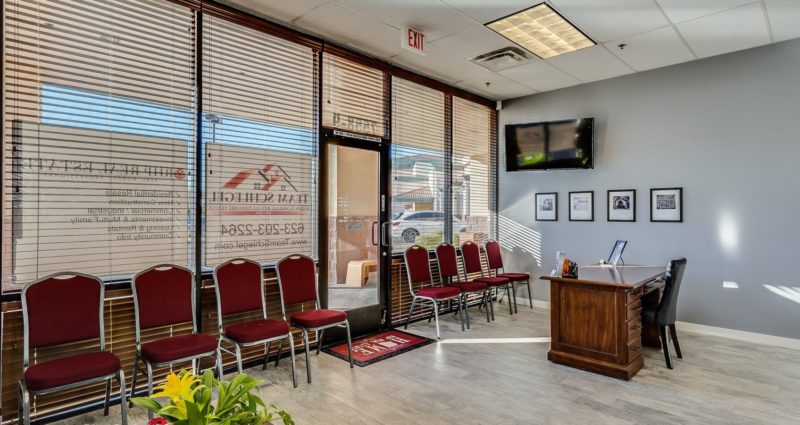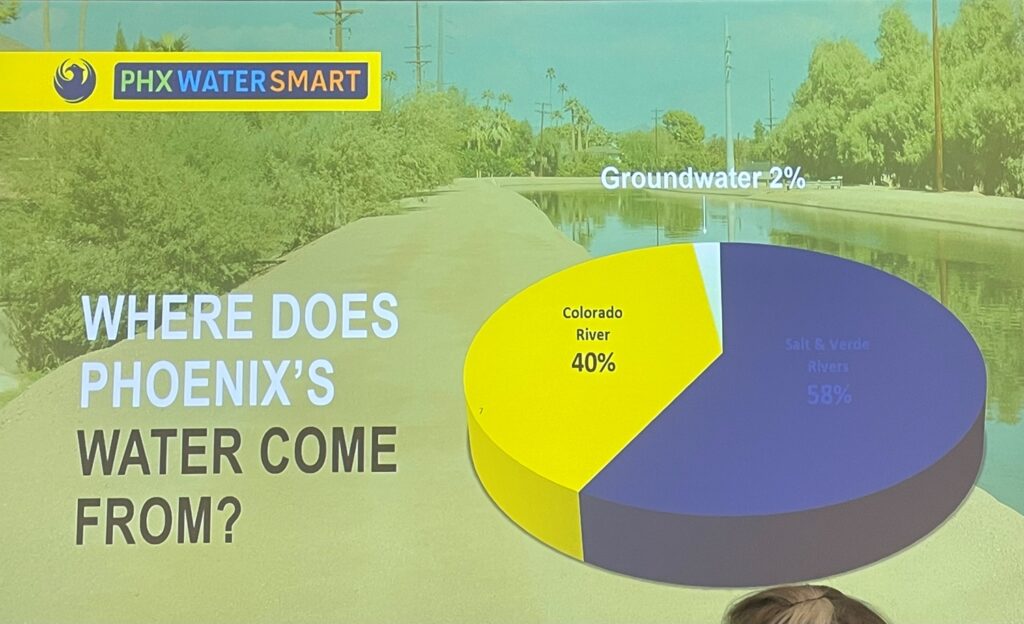
With the Real Estate market being as HOT as it’s been over the past couple of years, many people are wanting to transfer their investments from one state to another, potentially upgrading or changing the type of property they own. However, a big consideration in that decision is taxation. That’s where a 1031 Tax Deferred Exchange can come into play.
There are two types of exchanges I will cover here… the standard and a reverse exchange.
Standard Exchange
The standard exchange means that someone is selling 1 or more properties that have been used for investment purposes and buying something else, to also use as an investment. For example, if someone sold two $300,000 rental homes, they could go buy a commercial building for $600,000 and defer any taxation from the sales of those two homes.
To do this, there is a Company involved that handles the funds to process correctly so the IRS will consider this a legal exchange. The going rate is around $1,000 +/- for a normal exchange most of the time. That can be well worth it though!
Once a property (being sold) closes, you have 45-days to identify at least 1 new property to buy and 180 days to close escrow on that new purchase.
Reverse Exchange
Reverse exchanges are popular right now due to the market conditions with properties selling so fast. These are where you purchase the new property up front and then have 180 days to sell & close on any properties being exchanged. The cost here is greater though and in the $7,000 range.
——————————————————
There are many other nuances involved with 1031 exchanges so we are happy to put you in contact with the right person for such a discussion. By no means are we tax or legal experts, but we have helped many clients complete 1031 exchange transactions over the years.
One could complete a partial exchange where they only reinvest part of the sale proceeds from an investment property. In this case, they would have taxation on the remainder, but not full amount.
Many get confused when talking about “like kind” properties. However, the IRS will consider pretty much all real property types and even leases that have 30+ years in existence remaining, such as water or mineral rights. Farms, ranches, homes, bare land, commercial, multi-family, etc all work. You could sell a condo, home and piece of land to then buy a commercial warehouse for example.
Second homes do not qualify for 1031 exchanges and most people think it’s just the federal taxation to worry about, but that’s not true. States have differing percentages on their taxation plus depreciation recapture of 25% and 3.8% for the Affordable Care Act measure too. It can be quite costly to sell those investments when the time comes.



